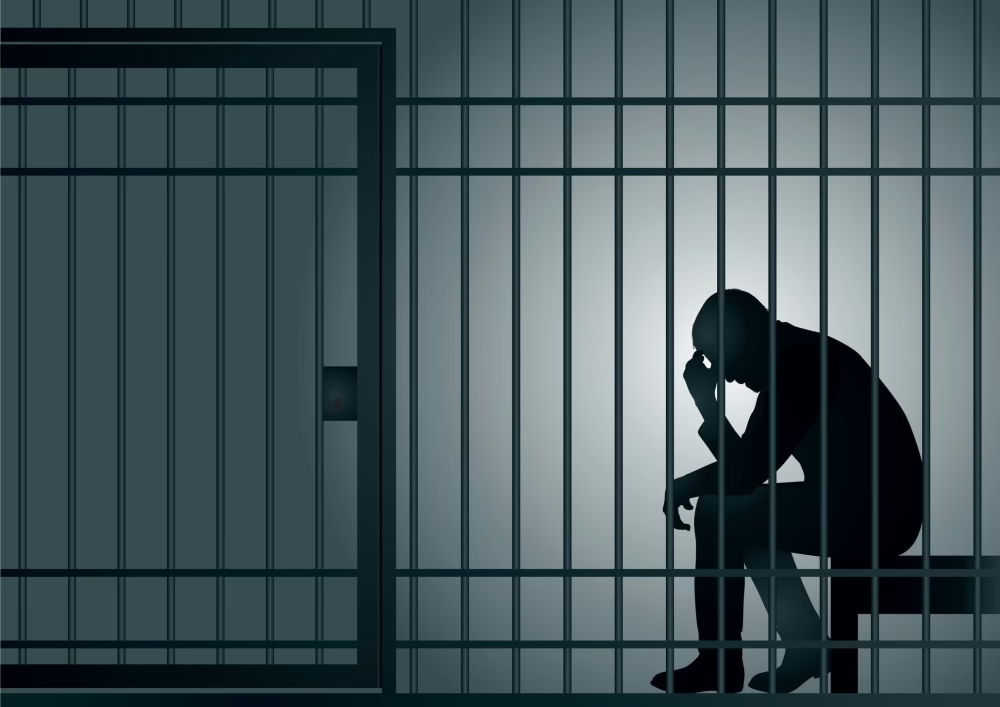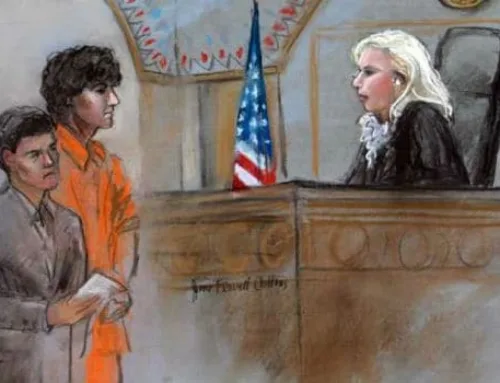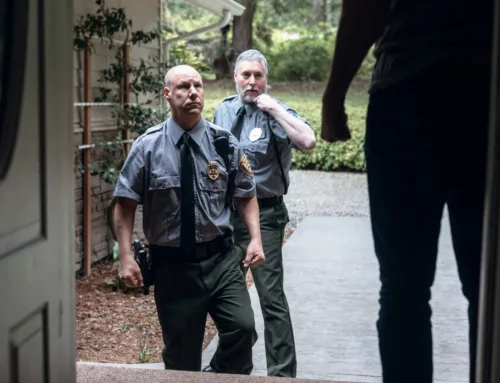Under Washington law, you commit the crime of possessing child pornography in the first degree if you knowingly possess a visual or printed matter depicting a minor engaged in sexually explicit conduct (with “sexually explicit conduct” including something like sexual intercourse or masturbation). A conviction of a first degree possession charge is a serious felony (as opposed to a misdemeanor) punishable by up to a decade in state prison. Please contact a skilled criminal defense attorney now if you are facing any type of child pornography charge.
How Does Washington Law Define Possessing Child Pornography in the First Degree?
RCW 9.68A.070(1) is the Washington statute that sets forth the crime of first degree possession of child pornography. Per this law, you commit an offense if you knowingly possess a visual or printed matter depicting a minor engaged in sexually explicit conduct.
For a first degree charge, “sexually explicit conduct” includes:
- Sexual intercourse, including genital-genital, oral-genital, anal-genital, or oral-anal, whether between persons of the same or opposite sex or between humans and animals,
- Penetration of the vagina or rectum by any object,
- Masturbation,
- Sadomasochistic abuse, and
- Defecation or urination for the purpose of sexual stimulation of the viewer.
Note that for purposes of this statute, a “minor” is any person under the age of 18.
What are the Penalties?
Possessing child pornography in the first degree is a Class B felony. A Class B felony is punishable by:
- Custody in state prison for up to 10 years, and/or
- A maximum fine of $20,000.
Can a Defendant Raise a Legal Defense?
People charged with the crime of possessing child pornography can challenge it with a legal defense. A common defense is for an accused to show that the individual depicted in any printed or visual matter was not a minor. You can also attempt to show that the minor in a given visual or printed matter was not engaged in “sexually explicit conduct.”
Further, your criminal defense attorney can try to prove that the police somehow violated your rights. For example, maybe the authorities:
- Arrested you without probable cause,
- Coerced a confession, or
- Conducted an unlawful search and seizure.
Either of these would result in a judge reducing or dismissing your charges.
Contact Black & Askerov for Help
While a defendant can raise a legal defense to challenge a charge of possessing child pornography, it will take a skilled criminal defense attorney to raise the best defense. The experienced criminal defense attorneys at Black & Askerov have over 30 years of combined experience defending clients on child pornography charges. Our Seattle criminal defense lawyers also have the skill and commitment that makes all the difference in these cases. Contact us now to get the legal help you deserve!



